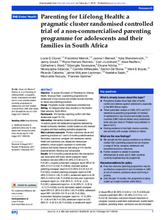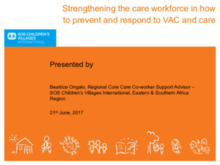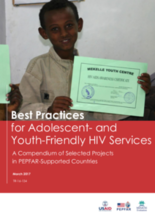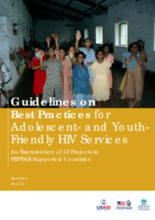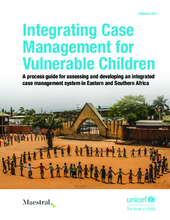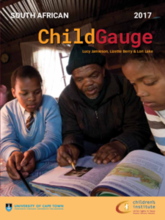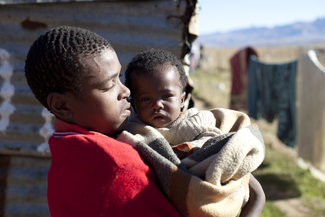

Displaying 41 - 50 of 131
The aim of this study was to assess the impact of ‘Parenting for Lifelong Health: Sinovuyo Teen’, a parenting programme for adolescents in low-income and middle-income countries, on abuse and parenting practices.
This paper adopts a qualitative case study on the generalist service delivery model of I‐Care, a Durban‐based non‐governmental organization that works with male street children.
This study is the first randomized controlled trial design to rigorously test the effectiveness of a parenting program on reducing the risk of child maltreatment in sub-Saharan Africa using both observational and self-report assessments.
This study assesses the impact of of official government intervention programmes in managing child vulnerability and Child Headed Households (CHHs) in South Africa.
This presentation describes the issue of violence against children in alternative care settings in East and Southern Africa and offers recommendations on how to strengthen the care workforce to ensure it is equipped to prevent and respond to violence against children in alternative care.
This report presents the findings from a study that aimed to explore the application in practice of the ‘necessity principle’ from the Guidelines on Alternative Care for Children (UN, 2009) by using three quantitative and three qualitative indicators that provide information about whether children and families have received support to the fullest extent possible before a child ends up outside of parental care arrangements in formal or informal care, or living alone.
This compendium contains the findings from a review of 13 projects providing HIV services to adolescents in PEPFAR-supported countries.
This document examines 13 projects serving HIV services to adolescents in PEPFAR-supported countries and provides a set of guidelines on best practices for adolescent and youth-friendly HIV programs.
This guide is aimed at informing policy makers and programme managers working across Eastern and Southern Africa to implement an integrated case management approach to practice with vulnerable children and their families.
The South African Child Gauge® is published annually by the Children’s Institute, University of Cape Town, to monitor progress towards realising children’s rights. This issue focuses on children and the Sustainable Development Goals.

